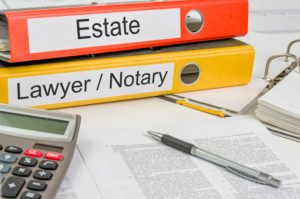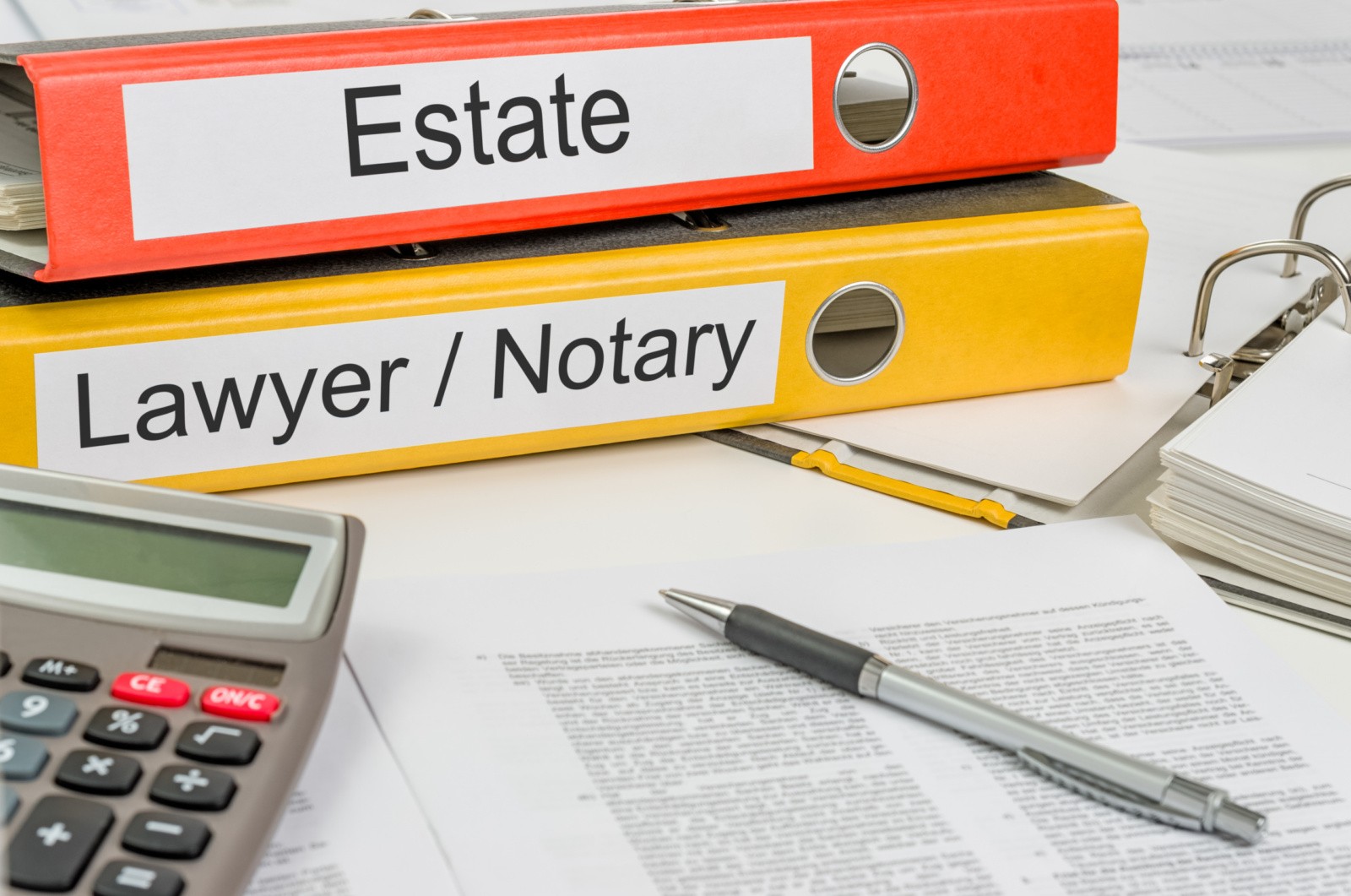 We’ve heard it said that acting as an executor is one of the hardest jobs that you never applied for. It is also one for which most don’t receive any training.
We’ve heard it said that acting as an executor is one of the hardest jobs that you never applied for. It is also one for which most don’t receive any training.
If you are like most people, you have likely appointed a family member or close friend to act as your executor. This person may have little to no knowledge as to what acting as an executor actually entails. They may be wholly unprepared for the enormity of the role. There are, however, steps that you can take to make the job of acting as your executor a little easier.
Step 1: Let your executor know where your original Will and other important documents are stored.
Your executor derives their authority to act from your Will and will need to have access to your original Will upon your death. Be sure to advise him or her as to where your original last Will is stored. This might be at your lawyer’s office, home safe, or safe deposit box. Access to a safe deposit box can be restricted upon your death so be sure to discuss this with your bank. Also leave instructions for your executor as to the location of all personal papers including passports, birth certificates, marriage certificates, etc.
Step 2: Make sure your executor will have all of the information they need.
Make sure that your executor will have easy access to all the information that he or she will need to perform the role when the time comes. At a minimum, your executor will need to the following:
- Names and contact information for all professional advisors with whom you work i.e., lawyers, accountants, financial planners, bank officers, realtors, art appraisers, etc.;
- Nature and location of all assets, including real property, bank and investment accounts, vehicles, business interests, pieces of art, owned by you or in which you have an interest (including trusts);
- Specifics of any loans owing to you;
- Information regarding any debts owed by you;
- Information regarding any pensions that you receive;
- Income tax filings details: personally and of the inter vivos trust; and,
- Usernames and passwords for all online accounts.
Some assets may require that you leave additional information. For example, executors who find themselves dealing with art objects are sometimes in need of specialized knowledge they often do not possess. Consider providing your executor with a list of evaluators and even potential buyers of the art objects you own. In the end, you are the best connoisseur of your creative property!
Step 3: Discuss your funeral wishes with your family and executor.
The importance of expressing your preferences regarding funeral arrangements to your family as well as your executor should not be overlooked. Such discussions can reduce the prospect of family disagreements and preclude bitter feelings among your grieving loved ones. If you pre-arrange any or all of of funeral/burial, be sure to advise your executor.
Step 4: Surround your executor with a team of professionals.
Take all necessary steps to set your executor up for success. This includes surrounding your executor with the necessary professionals to help advise his or her with respect to your estate. At a minimum, this will include a lawyer, a financial planner, and an accountant. It is becoming increasingly common for professionals to specialize in estate matters.
Step 5: Make sure your executor wants the job.
An executor appointment should not come as a surprise. When estate planning, be sure to discuss the appointment with your intended executor to ensure he or she is actually willing to take on the role when the time comes. This is also an opportunity to educate him or her with respect to any unique features of your estate, introduce them to your team of professionals, and answer any questions that they may have. An executor can renounce (or choose not to accept the appointment) when the time comes, so be sure to appoint a series of alternate executors.

